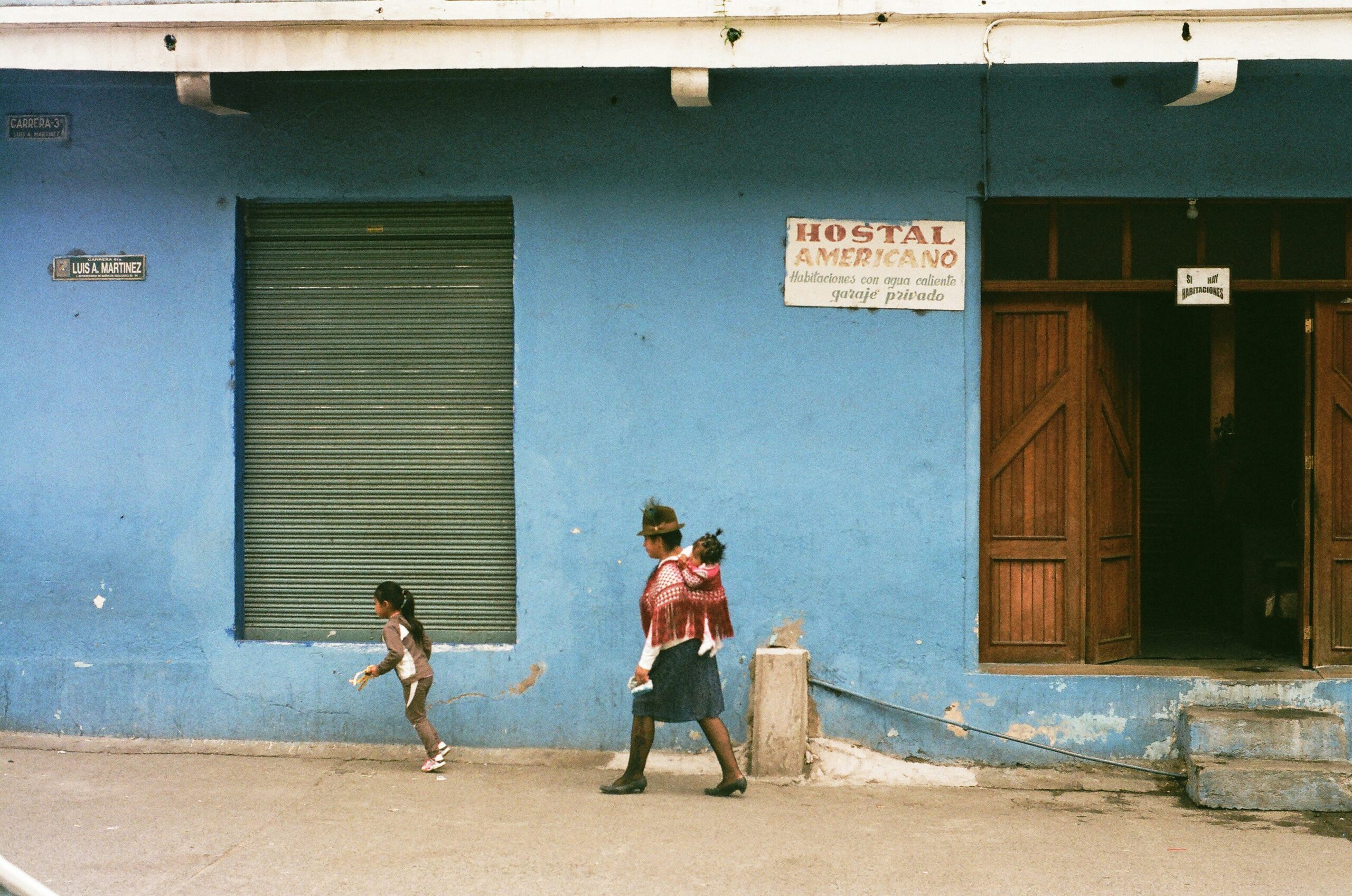
UN Funding Crisis: Haiti’s Struggle Against Violence and Instability Largely Unsupported
Published on December 7, 2023 – Amidst the backdrop of a nation gripped by unyielding violence and political chaos, the United Nations has issued a stark revelation. The international body’s efforts to mitigate the dire situation in Haiti are critically underfunded, receiving less than 10% of the projected funds needed for the year. This alarming shortfall underscores a global hesitance to engage deeply with Haiti’s escalating crisis.
UN’s Plea for Support Met with Global Indifference
In a detailed briefing, Ulrika Richardson, the UN’s coordinator for Haiti, outlined the dire financial straits of the humanitarian efforts. Despite a comprehensive plan requiring over $900 million to effectively address the multifaceted crisis, only 9.2 percent of these funds have been pledged. This stark deficit in funding starkly contrasts with other international crises, where funding rates are substantially higher.
Comparative Global Response
Highlighting the disparity, Richardson provided a comparative analysis, noting that similar appeals for other regions faced with crises, such as Ukraine and the occupied Palestinian territories, have seen significantly better funding outcomes. For instance, the appeal for Ukraine has secured 38% of its needed funds, while the appeal for the Palestinian territories has reached 22%.
The Impact of Underfunding on Haiti
The consequences of this underfunding are profound. More than 1.3 million Haitians have been displaced due to ongoing gang violence, with over 3,100 fatalities reported this year alone. The power vacuum left by the assassination of President Jovenel Moise in July 2021 has exacerbated the violence, with armed gangs seizing control over large portions of Port-au-Prince.
International Strategies and Local Skepticism
Efforts to stem the flow of arms into Haiti, primarily smuggled from Florida, and the imposition of sanctions on gang-related networks have been outlined as priority strategies by the UN. However, these measures have yet to yield significant results, and the skepticism among Haitians towards international interventions—stemming from a history of counterproductive foreign involvement—continues to grow.
Challenges Facing UN Interventions
Amidst these challenges, a UN-backed policing mission in Haiti, predominantly staffed by Kenyan officers, has struggled to restore stability or effectively counteract the gang dominance. The Haitian government’s recent declaration of a three-month state of emergency highlights the ongoing severity of the crisis, affecting multiple departments across the country.
Conclusion: The Need for Renewed Global Commitment
The stark underfunding of the UN’s efforts in Haiti not only reflects the international community’s reluctance to engage with the island’s deep-seated issues but also highlights the urgent need for a renewed global commitment to support Haiti in navigating its profound challenges. The future stability of Haiti hinges on the international community’s willingness to fulfill its pledges and intensify its involvement in resolving the humanitarian and political crises that plague the nation.


